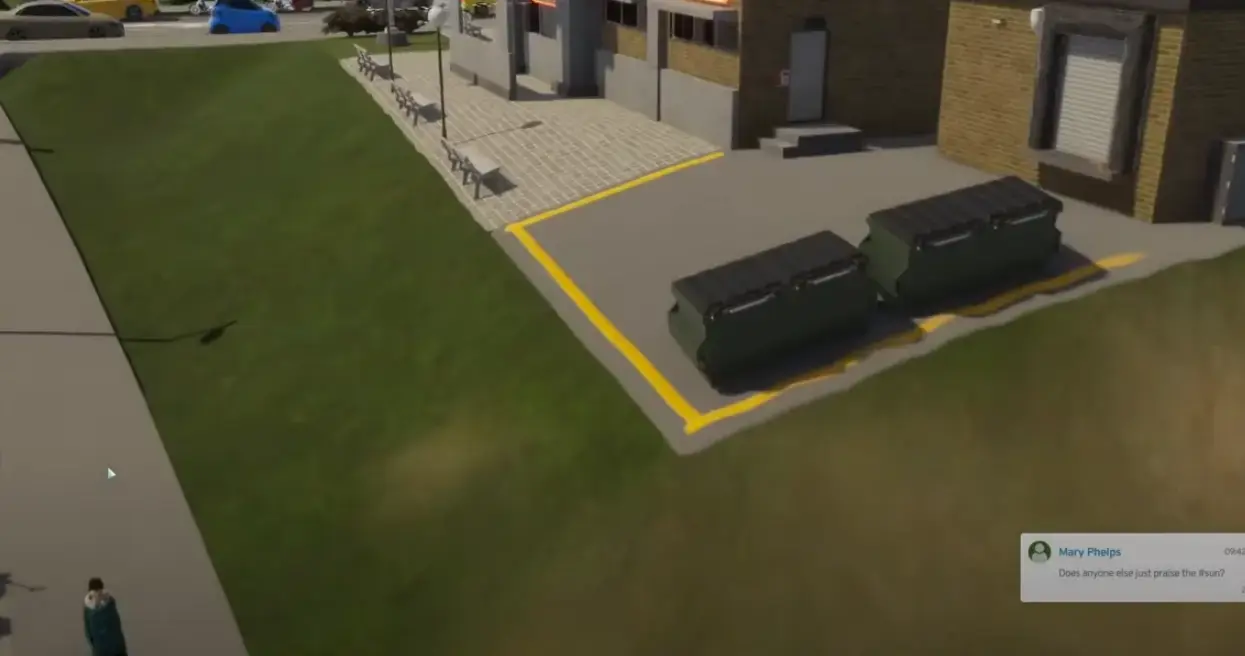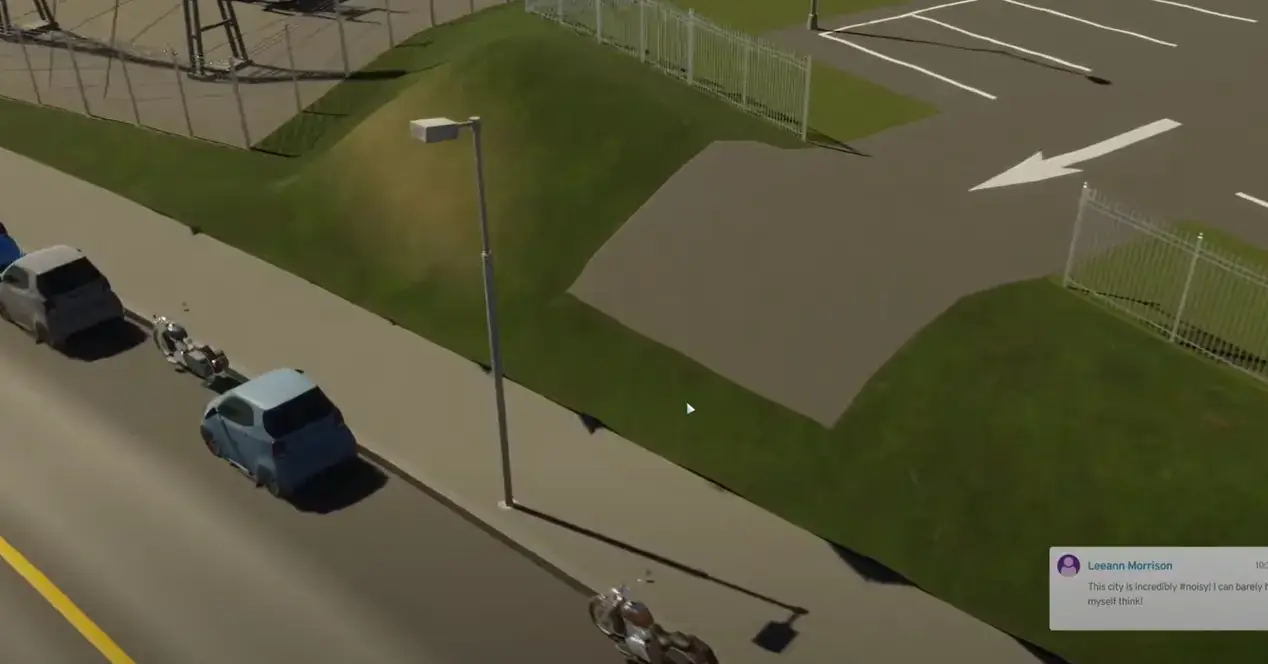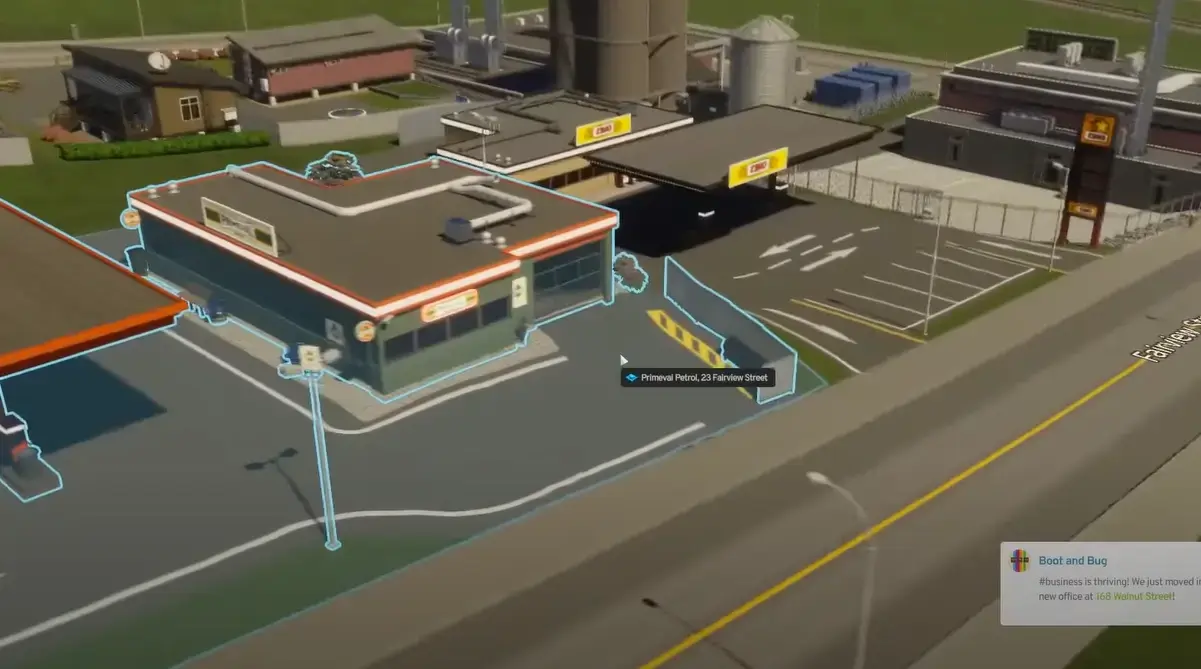I don’t really understand how people make the review threads, but we’re sitting at a 77 on OpenCritic right now. Many were worried about game performance after the recommended specs were released, but it looks like it’s even worse than we expected. It sounds like the game is mostly a solid release except for the performance issues, but they really are that bad.
- Popular Cities: Skylines 1 streamers are reporting that they are not able to achieve a consistent 60 fps, even with RTX 4090s and lowering the graphics to 1440p medium settings. Based on utilization numbers, it sounds like the GPU is limiting factor here.
- Those same streamers are also reporting 16GB of RAM usage when loading up a new map, which means that the minimum recommended spec of 8GB was a blatant lie from the devs.
- IGN and other reviewers are reporting that the game does not self-level building plots, which is something that C:S1 did pretty well. This leads to every plot looking like this:



Maybe not a big deal to some, but the focus of Cities: Skylines has always been on building beautiful cities (vs. having a realistic simulation), so this feels like a betrayal of Colossal Order’s own design philosophy.
Personally, this is a pretty big bummer for me. I like C:S1 a lot, but I find it hard to get into a gameflow that feels good unless I commit to mods pretty hard, and that means a steeper learning curve. For this reason, I tend to have more fun just watching other people play the game. I was looking forward to C:S2 as a great jumping on point to really dig into city-building myself. Maybe I’m being too harsh here because of my personal disappointment - many don’t really care about hitting 60fps, but those same people also tend to not build top-end PCs. And it sounds like if you don’t have a top-end PC, you’re looking at sub 30 fps, and I think most agree that that is borderline unplayable.
Anyone else have thoughts on this one?


Gamedev is all about smokes and mirrors. A conventional software engineer will actively resent the shitfuckery you have to do, to make games run well (for good reason; it introduces complexity into already insanely complex systems).
Some performance work, you cannot defer, like fundamental design decisions (3D vs. 2D, raytracing or not) or if you’ve coded a tiny feature and for some reason, it completely obliterates performance.
But there’s always going to be tons of features that have been implemented well, they don’t obliterate performance, but if you replace them with an unintuitive/complex smoke-and-mirror solution, then you may be able to shave off 20% execution time for that feature. Or not. Often no real way to know, except to try it out.
Some of these do need to be tackled throughout development, too, but it’s easy to end up with a big block at the end of development.
Especially, if you had to rush a number of features that marketing promised, so that you can make the release date that marketing promised many months before anyone has any fucking clue how long it’ll take.